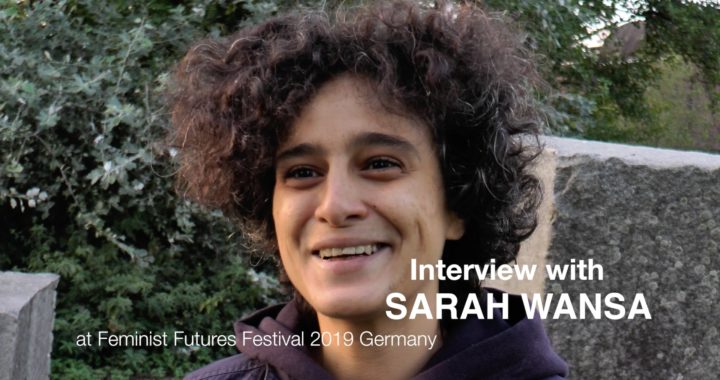Indeed, the political lesson that we can learn from "Caliban and the Witch" is that capitalism, as a social-economic system, is necessarily committed to racism and sexism. For capitalism must justify and mystify the contradictions built into its social relations - the promise of freedom vs. the reality of widespread coercion, and the promise of prosperity vs. the reality of widespread penury - by denigrating the „nature“ of those it exploits: women, colonial subjects, the descendants of African slaves, the inunigrants displaced by globalization.
At the core of capitalism there is not only the symbiotic relation between waged-contractual labor and enslavement but, together with it, the dialectics of accumulation and destruction of labor-power, for which women have paid the highest cost, with their bodies, their work, their lives.
It is impossible therefore to associate capitalism with any form of liberation or attribute the longevity of the system to its capacity to satisfy human needs. If capitalism has been able to reproduce itself it is only because of the web of inequalities that it has built into the body of the world proletariat, and because of its capacity to globalize exploitation. This process is still unfolding under our eyes, as it has for the last 500 years.
The difference is that today the resistance to it has also achieved a global dimension.From: Caliban and the Witch by Silvia Federici
.
Sarah Wansa works in the Rosa Luxemburg Foundation's office in Beirut, which opened in 2017. In this interview she focuses in particular on the beginnings of her political work, in which she worked on a job for an NGO to systematically record undocumented persons in detention by conducting numerous visits and interviews in prisons. "The state decides who is visible and who is invisible". To this day, she works on making these stories visible. Click here for the interview
Jelena Miloš is active in the Platform Zagreb je NAŠ, an association of activists and parliamentarians in Zagreb. The aim is to bring demands from the social movements directly into the areas of local politics, while remaining committed to the collective. In this interview, she explains how they have already been able to change political structures without making the usual compromises in politics.
Dr. Barbara Fried, editor-in-chief of the Rosa Luxemburg Foundation's magazine "LUXEMBOURG" and co-organiser of the Feminist Futures Festival 2019, explains in this interview the intersectional character of the festival and the international feminist movements. She gives a first insight into the broad spectrum of topics that are being negotiated in the feminist movement, which is currently growing globally.

Dr. Barbara Fried, Rosa Luxemburg Stiftung, Interview Feminist Futures Festival 2019 ©brandfilme.org
Susanne Fasbender
.
.

